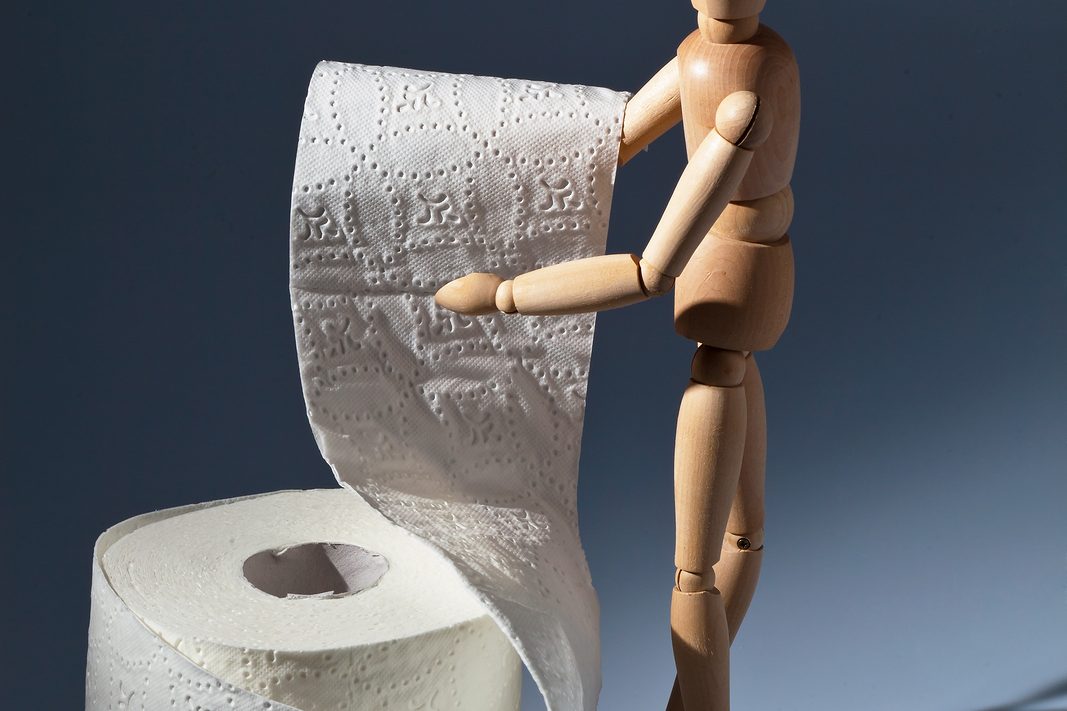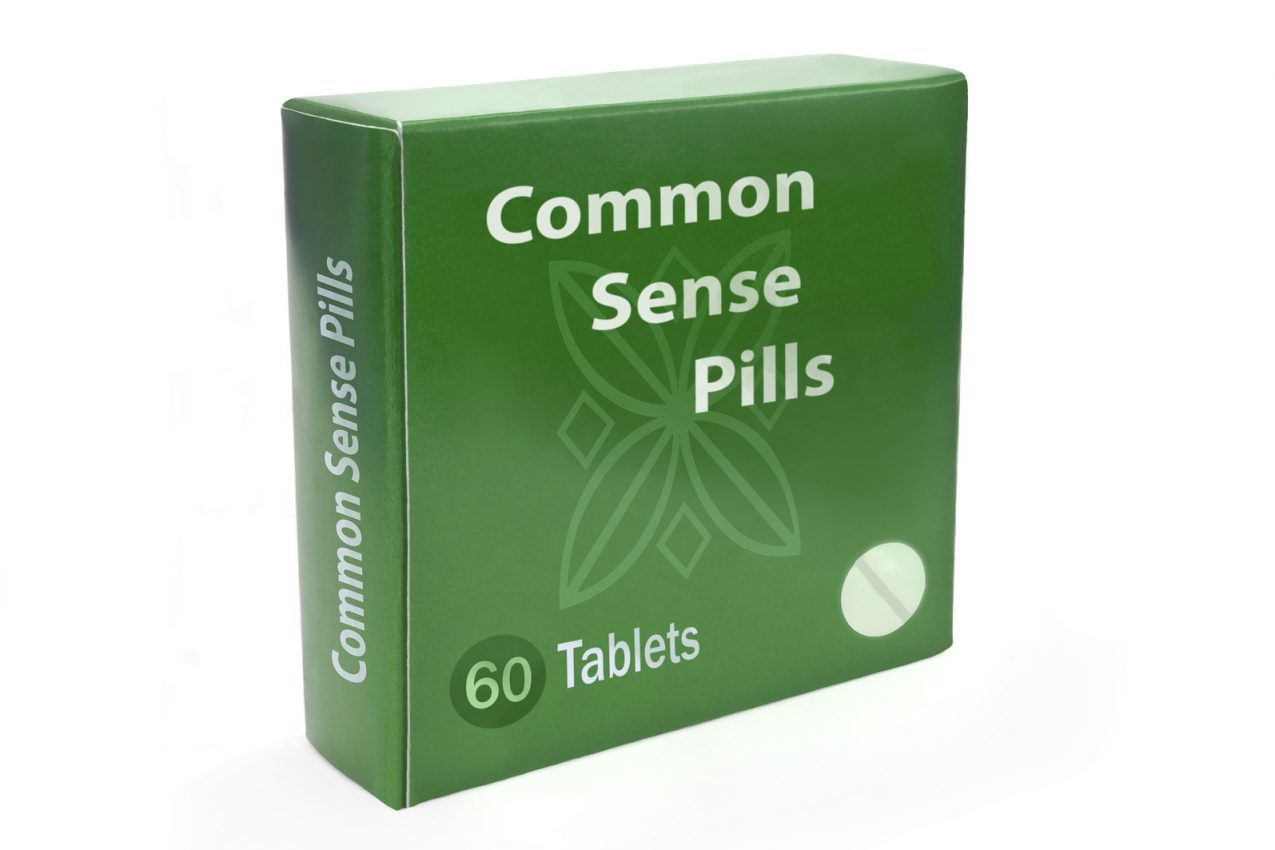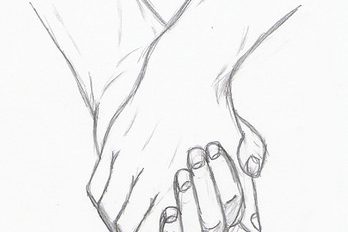For a while, I have been working on a particular project. This has taken a moderate amount of work and a fair amount of thought, but I hope it will be good for patients. I reached a particular milestone in the project, and several people were impressed. “Congratulations,” they said. I felt good about myself. Puffed out my chest. BMOC. An ounce more self-respect and proud confirmation that I have value in this world. Kudos to me. I almost sprained my elbow, patting my own back.
Then, I went to the office.
The first patient I saw was a 33-year-old Dad, who had just completed chemotherapy for a scary advanced cancer. It had been a nasty course of treatment with hospitalizations, blood clots, peripheral neuropathy, 27 pound weight gain and a cachectic marriage, which threatened to deteriorate into a custody battle. Tough stuff, and always the unknown life-death future.
I told him that the PET scan showed no more cancer. Nada. He is in complete remission.
With a slight smile and a baffled gaze, he left the exam room. I patted him on the back. “See you next month,” I said.
Instead of walking out of the office, he went over to the treatment room, bustling with the day’s therapies. Patients, families, IVs, drugs, bright lights, anxiety.
From down the hall I watched him tell the RNs, the LPNs, the secretary, and the pharmacist, that the cancer was gone. Then, he seemed to dissolve. He broke into tears; deep racking sobs. Hands shaking. Swaying. Weak. They hugged him. They held him. They too started to cry.
Then, he said thanks. And, he said thanks. He said thanks and thanks, again.
And, they said, “Congratulations.”






5 Comments